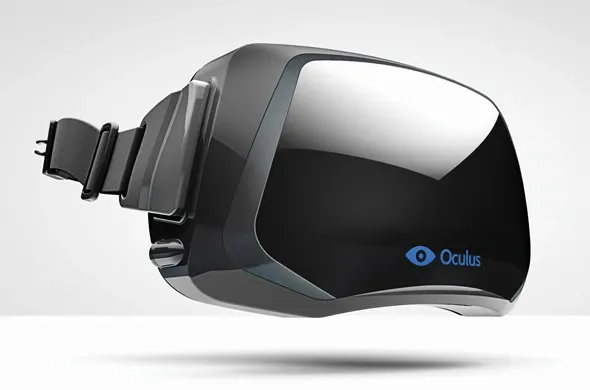HMD Launches First Smartphones Under Its Own Brand
Freshly rebranded Human Mobile Devices (HMD) unveiled its first smartphones under its own name.

The young entrepreneur credited as the brains behind Facebook’s virtual reality headset was accused in court of betraying a company that had worked with him to display the technology at a trade show, Bloomberg reports.
Oculus VR founder Palmer Luckey, whose startup was bought by the social media giant for about $2 billion in 2014 when he was 21, didn’t dispute that he used software developed by ZeniMax to show the prototype for his headset to investors in a California hotel room two years earlier. That was shortly after ZeniMax had demonstrated the device publicly at a Los Angeles video game expo with Luckey’s permission.
But in testimony before a Dallas federal jury, Luckey denied ZeniMax’s claims that he violated a non-disclosure agreement he signed after the convention that barred him from sharing secrets about how the device works. He said that in showing the headset to the investors he relied only on “executable code“ that didn’t reveal the underlying proprietary source code. “I didn’t take confidential code,“ Luckey said. “I ran it and demonstrated it through the headset. It is not true I took the code.“
ZeniMax is trying to show that it did the heavy lifting to develop the software and hardware for the Rift, alleging that Oculus recruited one of it star designers and purloined its intellectual property. Facebook and the Oculus executives named in the lawsuit deny wrongdoing and say ZeniMax’s claims are “fantasy.“
ZeniMax alleged in its lawsuit that Oculus covered up its tracks by plying the media with a “completely false“ tale that Luckey invented the technology for the Rift while tinkering in his parents’ garage in southern California. ZeniMax claims that Carmack, a creator of blockbuster video games Doom and Quake, was responsible for the breakthroughs that transformed the Rift from a “primitive“ headset into a “powerful immersive virtual reality experience.“
Carmack acknowledged in testimony last week that he copied computer files containing work he did at ZeniMax when he left the company and went to work for Oculus in 2013 as its chief technology officer. He denied using the material in his work for Oculus and credited Luckey with developing an “elegantly simple“ prototype that evolved into the Rift headset, which began shipping in March for $599.
Mark Zuckerberg spent five hours on the witness stand Tuesday and denied that the technology for the Rift was stolen. He said he never heard of ZeniMax before it sued Oculus in May 2014, about two months after Facebook announced that it would buy Luckey’s startup. He said it’s common for companies to “come out of the woodwork“ and make claims following an acquisition.